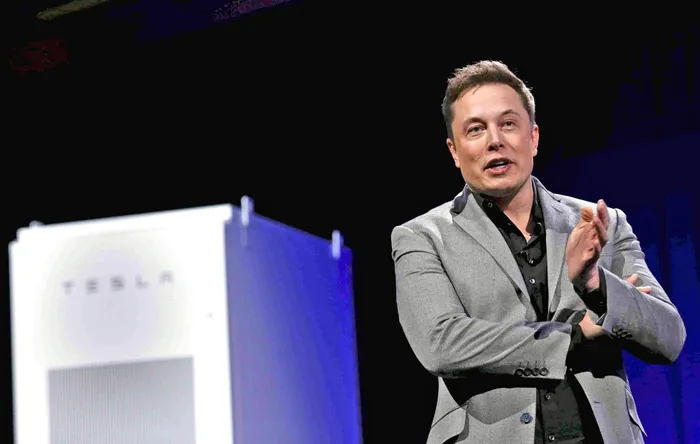Our kids can be in space race

Big: Elon Musk leading exploration. REUTERS/Patrick T. Fallon/Files
As a kid, whenever anyone asked me what I wanted to be one day, I would quickly and confidently say: “A NASA astronaut.”
With the exception of one very sweet and encouraging teacher, just about everyone else moved between derision and looking at me sadly.
For a very brief moment as a teenager, I toyed with the idea of moving to America to pursue my dream seriously.
I sometimes wonder how differently things might have turned out, if everyone gave me a little more encouragement.
Anyway, every time I remember that Elon Musk is exactly three months older than me, and that we probably would’ve ended up in the USA at the same time had I gone, I wonder what my life would’ve looked like today.
Would I have floated weightlessly in orbit by now already, or would I have been part of Elon’s Space-X team, revolutionising everything about space travel?
All these thoughts hit me again last week as I prepared to participate in a gathering of astronomers, astronauts and space scientists here in Cape Town.
Starting today, I will be mentoring a group of aspiring, young broadcasters, eager to become science communicators.
We are running an online radio station that will be broadcasting highlights of the conference, hosted by the International Astronomical Union.
We will be stationed in line-of-sight of NASA’s exhibition stand and I know I am going to feel pangs of jealousy and regret when I see that sign.
It’s going to be especially poignant for me on the day we participate in a live-link up to the International Space Station, in an attempt to talk to the astronauts on board.
It’s all very exciting for a space geek like myself.
Over the years I have gotten to know people at the SA National Space Agency (SANSA); I have admired the work of the Russian, European, Chinese and Japanese space agencies and applauded the recent establishment of the African Space Agency.
And that’s really why I’m talking about this.
While this is all very exciting and the progress is accelerating in previous unimaginable speed, a career in space science isn’t really something I hear many kids discussing or studying towards.
And this means when ambitious plans like lunar and Martian colonies become a reality; and they start recruiting for everything from engineers and pilots, to botanists and technicians, Africa will again be left behind.
We can take some comfort in the fact that a South African-born visionary is leading the space race and most launches would fail, if it wasn’t for a small little station in Pretoria – operated by the SANSA – and that provides telemetry for space ships.
But we can do more.
It would be very wise to start educating our kids now already for the myriad of new careers that will start emerging from the space race.
And don’t laugh at your kid if she says she wants to be a space plumber one day.
It’s a cellphone, Not a cell phone: Authorities do have the means to block signal in our lawless prisons
Bobby on the Beat: Has the spark returned to our relationship with Eskom?
Let the hard work begin: Party rivalry In GNU Can benefit Mzansi
Lets play politics-politics
Putting SA first is key: Parties must unite, compromise to move Mzansi forward